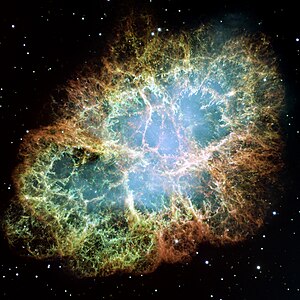Subhankar Zac
Hare Krishna,Hare Krishna,
Bhagavad Gita or the Word of God is the only scripture that has given me any real knowledge so far.
I've been a Christian, a Hindu, an atheist, Wiccan, etc... And out of all the scriptures I've read, I've loved the Gita.
Even more than the Vedas and the Dharmapada and definitely more than the Quran and the Bible.
I imagine which aspect of it is in question by people?
(I can't make anyone see the Vishvaroopa myself though )
)
Is it a false book? An impractical scripture? Or the yogas here are not meant for all?
I've been a Christian, a Hindu, an atheist, Wiccan, etc... And out of all the scriptures I've read, I've loved the Gita.
Even more than the Vedas and the Dharmapada and definitely more than the Quran and the Bible.
I imagine which aspect of it is in question by people?
(I can't make anyone see the Vishvaroopa myself though
Is it a false book? An impractical scripture? Or the yogas here are not meant for all?


